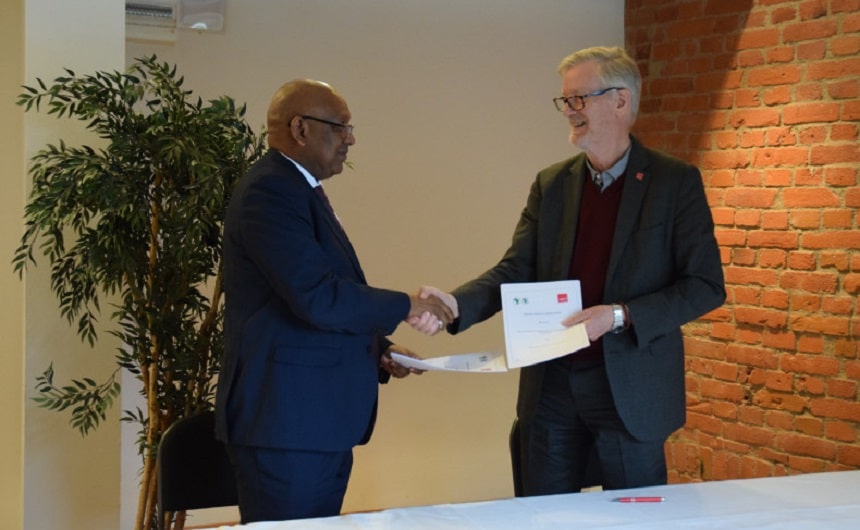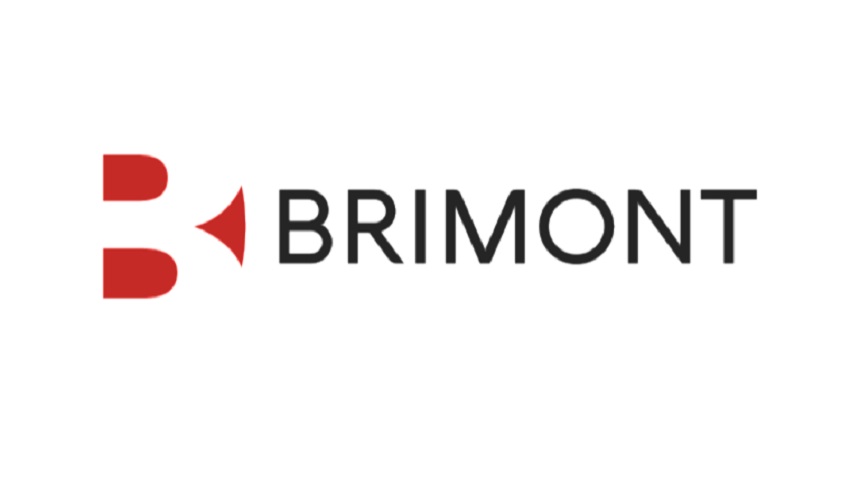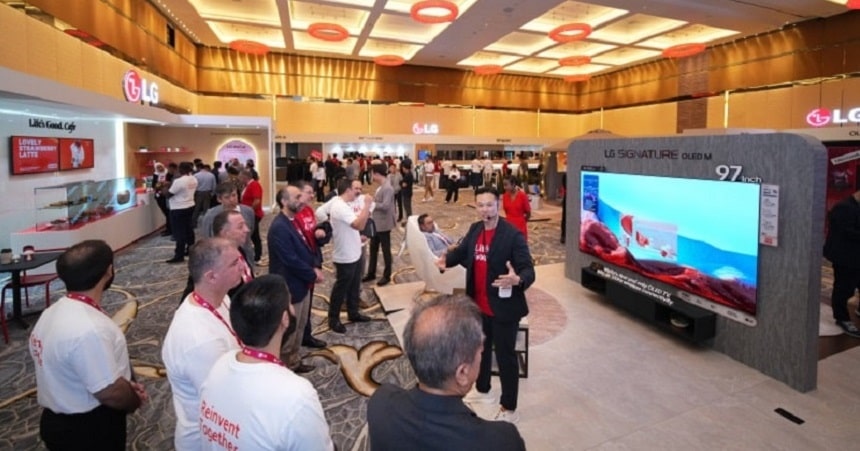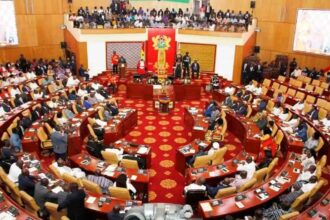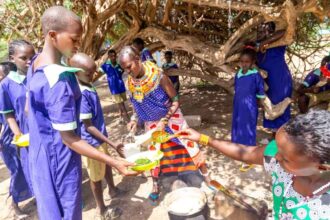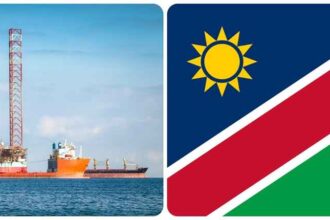During the sidelines of the 2024 Stockholm Forum on Peace and Development, the African Development Bank (www.AfDB.org) and the Stockholm International Peace Research Institute (SIPRI) have formalized their collaboration through a Memorandum of Understanding (MoU).
This agreement builds upon their existing cooperation and underscores their joint commitment to deepen the understanding of factors driving fragility and insecurity, as well as promoting actions that prevent conflicts and foster resilience in Africa.
Marie-Laure Akin-Olugbade, Vice President of Regional Development, Integration, and Business Delivery at the African Development Bank, emphasized the significance of this partnership, stating, “”Our MoU with SIPRI reflects the Bank’s continued strong commitment to enhance its operational effectiveness in fragile settings. We aim to build resilience at scale on the continent and advance the prevention agenda through innovative partnerships across the humanitarian-development-peace (HDP) nexus. This is in line with the Bank’s new Ten-Year Strategy as well as the Strategy for Addressing Fragility and Building Resilience in Africa.”
This innovative collaboration between the Bank and SIPRI will focus on several objectives, including knowledge and capacity building, operational effectiveness, and partnerships and resource mobilization. Over the next five years, the partnership will encompass research, data analysis, capacity development, policy enhancement, and resource mobilization.
This innovative partnership between the Bank and the globally recognized research institute will pursue the following objectives:
- Knowledge and capacity building – Deepen knowledge and understanding of the drivers of fragility, conflict and resilience; channel such knowledge, including of best practices and innovations, into policy dialogues and capacity enhancement for the Bank, African member countries and other humanitarian, development, and peace actors.
- Operational effectiveness- Enhance the Bank’s programming and project design in fragile contexts and conflict-affected states by strengthening the evidence base of the Bank’s interventions— this includes the Bank’s projects and programs on climate-related peace and security risks.
- Partnerships and resource mobilization- Expand and deepen existing partnerships in line with the strategic objectives of the Bank and SIPRI; mobilize resources through collaboration, including at important international forums. The joint knowledge products and related findings can also support resource mobilization for AfDB’s programming.
Dan Smith, Director of SIPRI, expressed the significance of leveraging expertise and resources to address interconnected issues of fragility, conflict, and climate change. He emphasized the partnership’s goal of deepening understanding of conflict drivers and opportunities for sustainable peace to enhance policies, programs, and interventions for the benefit of vulnerable communities across Africa.
Yero Baldeh, Director of the Transition States Coordination Office at the African Development Bank, highlighted that specific outcomes and results throughout the MoU’s duration will be outlined in an evolving Partnership Workplan. This plan will guide the implementation of the partnership, strengthening knowledge bases, building capacities, informing policy dialogues, and mobilizing resources.
The ceremony was facilitated by designated partnership focal points from both organizations, including Sepideh Soltaninia, Head of the Director’s Office & Partnerships Manager at SIPRI, Frederik Teufel, Lead Coordinator, and Jerome Berndt, Principal Fragility and Resilience Officer, from the Transition States Coordination Office at the African Development Bank.


